Monday 9th - Wednesday 11th May 2022
JW Marriott Gold Coast Resort & Spa, Gold Coast
Prevention.
Treatment.
Recovery.
We believe in the power of community, healing and connection to create greater change.
Individual risk factors add a layer of complexity to substance use and dependence, gambling and other and compulsive behaviours; however with innovative strategies in prevention, intervention and treatment, we will see a shift.
The Australian & New Zealand Addiction Conference is an event that’s been developed by the sector, for the sector.
This is a space to discover practical, evidence-based solutions, lived-experience lessons, and the latest research findings relating to substance use, dependency, gambling harm and other behavioural addictions.
By uniting to discuss opportunities in community prevention frameworks, patient care, treatment, and aftercare, we can provide greater support to people who need it.
Engage with national and influential leaders, network with inter-sector colleagues, and leave better equipped with tools for prevention, treatment, harm reduction and recovery.
Keynote Speakers
Robert Stirling
Chief Executive Officer, The Network of Alcohol and other Drugs Agencies
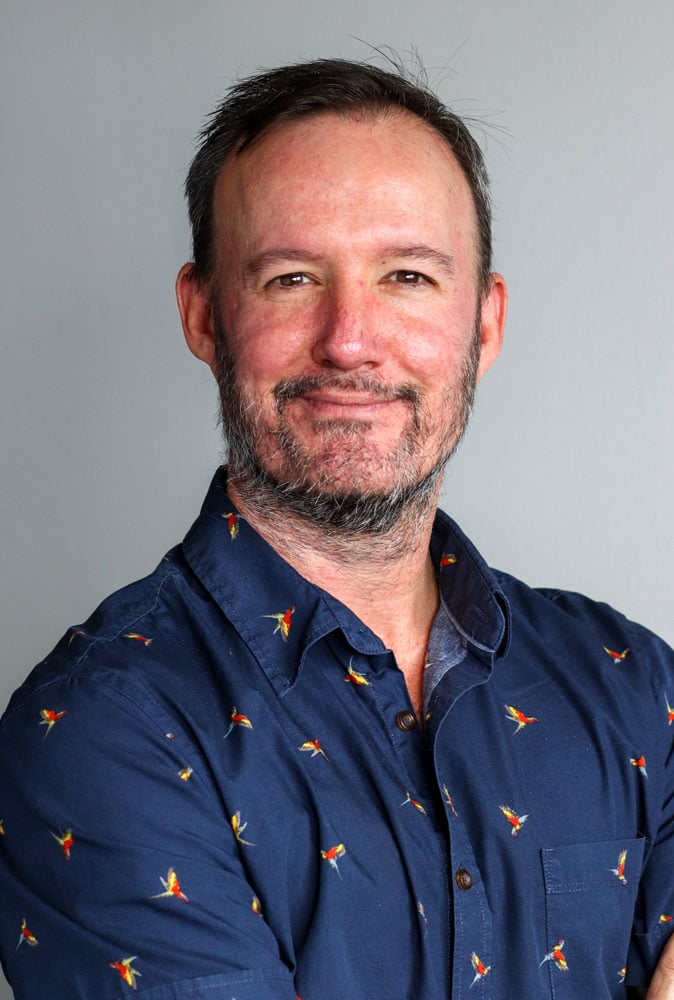
Robert Stirling
Chief Executive Officer, The Network of Alcohol and other Drugs AgenciesRobert Stirling is CEO for the Network of Alcohol and other Drugs Agencies (NADA) and is responsible for representing the interests of the NSW non-government AOD sector across policy, sector and workforce development, and research. He sits on a number of national and NSW boards and committees representing the NGO AOD sector. Robert has worked in the AOD sector for 15 years across the government and NGO sectors and holds qualifications in public health and community management. He is currently undertaking a doctorate exploring performance measurement of AOD treatment.
Robert Skeen
Chief Executive Officer, Aboriginal Health and Medical Research Council NSW
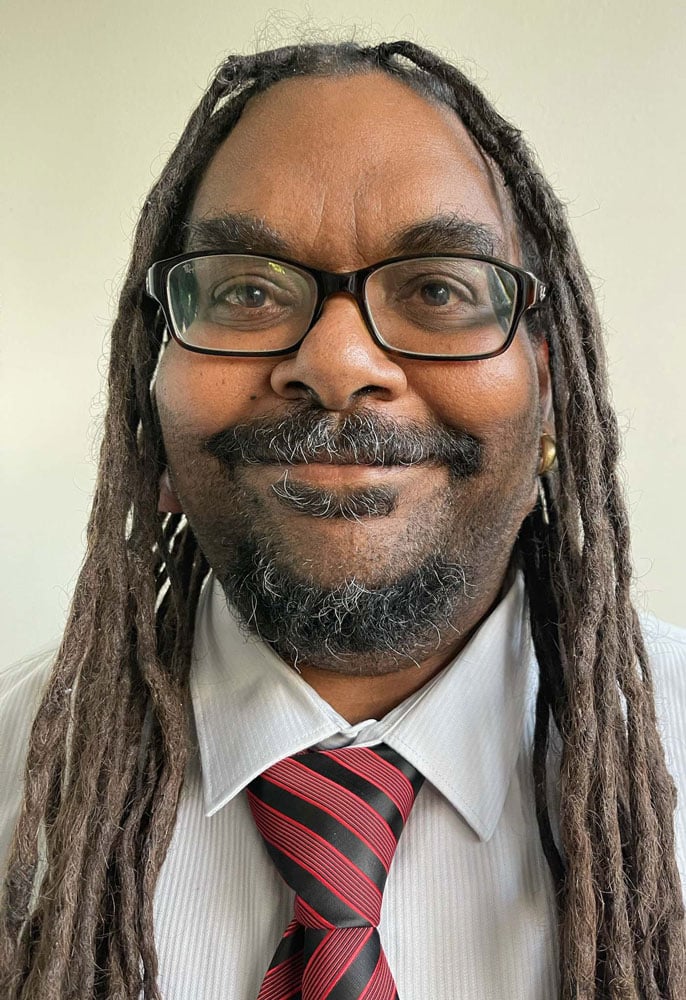
Robert Skeen
Chief Executive Officer, Aboriginal Health and Medical Research Council NSWRobert Skeen has traditional ties to the Gubbi Gubbi of the Sunshine Coast, Mununjarli of Southeast Qld, and Waanyi of Northwest Qld.
He has worked in the Government and Aboriginal Community Controlled Health Organisation Sector for almost 25 years. Prior to being the AH&MRC CEO, he was a member of the AH&MRC Human Research Ethics Committee and was also a member of the NSW Working Party for the NACCHO constitution reform.
Robert has developed into a Strong Leader who has a proven track record of high-level Leadership, Change Management, and Innovation. His focus as a CEO now, is to use his talents to rebuild Organisations. Ensuring the Organisation is viewed by all stakeholders as a viable business that is healthy and smart.
Lotta Dann
Writer, Blogger, Story Teller, Lived Experience | New Zealand
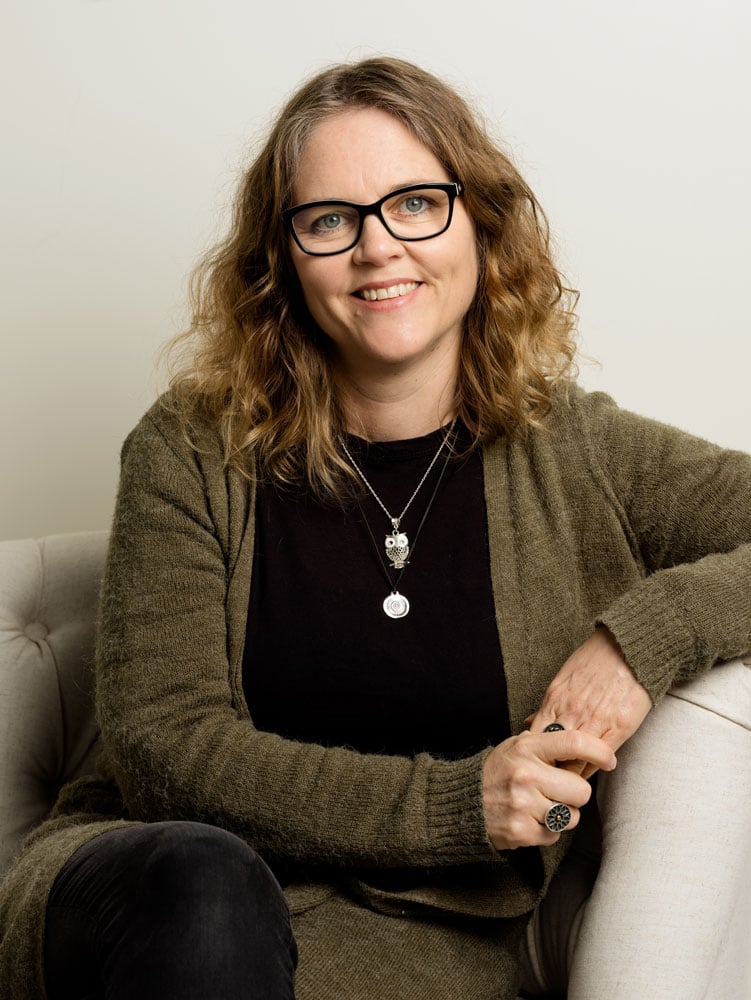
Lotta Dann
Writer, Blogger, Story Teller, Lived Experience | New ZealandLotta Dann has a Master’s degree in communications and media studies. She worked for 25 years as a TV journalist and producer while also developing a nasty addiction to alcohol. She got sober in 2011 with the help of an anonymous blog called 'Mrs. D Is Going Without' which became a best-selling memoir of the same name. She has since published 'Mrs D Is Going Within' and 'The Wine O'Clock Myth: The truth you need to know about women and alcohol'. She now manages the large online peer support community Living Sober funded by the New Zealand Drug Foundation and Health Promotion Agency, and works as a Lived Experience Facilitator of Addiction 101 workshops through Blueprint for Learning.
www.allenandunwin.co.nz/authors/d/lotta-dann
www.livingsober.org.nz
www.blueprint.co.nz/workshops/50-addiction-101-webinar/
John Ryan
Chief Executive Officer
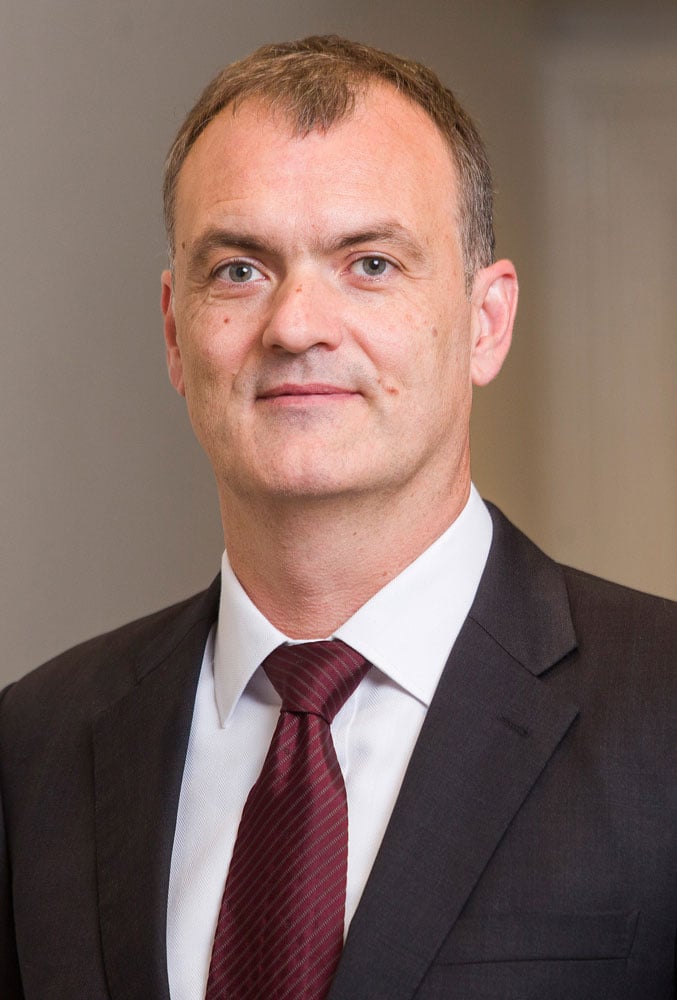
John Ryan
Chief Executive OfficerJohn is a leader in public health whose expertise is widely recognised in Victoria and overseas.
He is currently a member of the North Richmond Medically Supervised Injecting Room Review Panel and, in 2012, won a Churchill Fellowship to travel to the United States and study ways of improving public health approaches to drug policy.
As a former Needle and Syringe Program worker, university researcher and policymaker, John is deeply committed to promoting better approaches to substance use and leading Penington Institute’s work to create change for the better.
Dr Stephanie Merkouris
Lecturer, School of Psychology, Deakin University
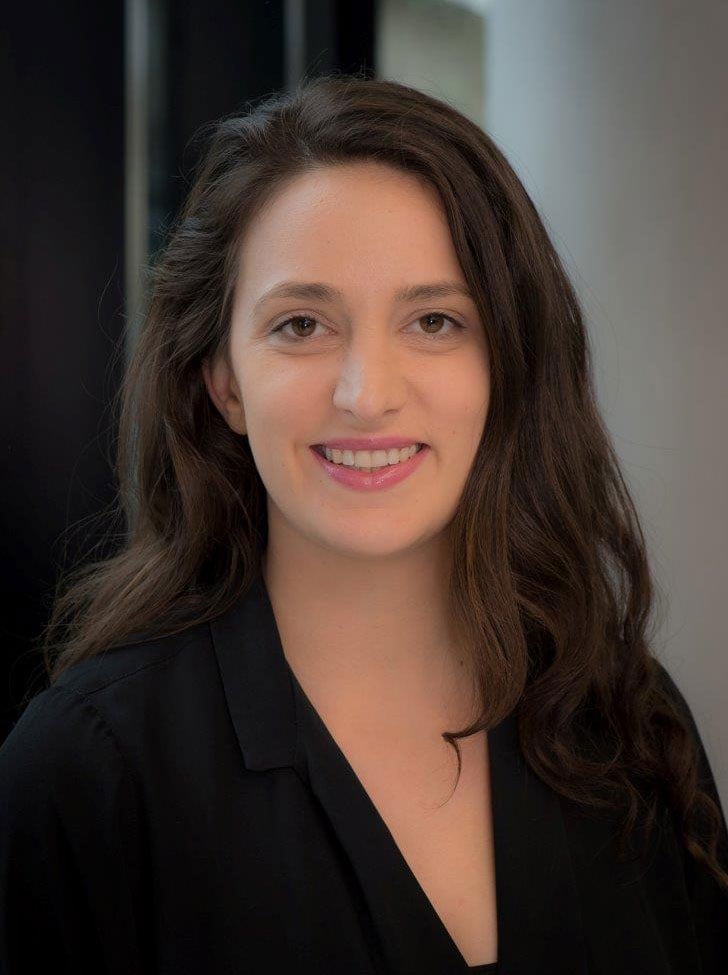
Dr Stephanie Merkouris
Lecturer, School of Psychology, Deakin UniversityDr Stephanie Merkouris is a Lecturer in the School of Psychology at Deakin University and is currently the recipient of a New South Wales Office of Responsible Gambling Postdoctoral Fellowship. Dr Merkouris has been working as a researcher in the gambling field for 12 years. Her main research interests relate to the examination of factors associated with the development, maintenance and treatment of gambling-related problems, and the development and evaluation of evidence-based treatments for gambling. She is particularly interested in how advances in technology can be used for assessment, intervention, and dissemination purposes, with her recent research focusing on the application of e-mental health in the gambling field.
Chris Wilkins
Associate Professor, SHORE & Whariki Research Centre, College of Health, Massey University | Auckland, New Zealand
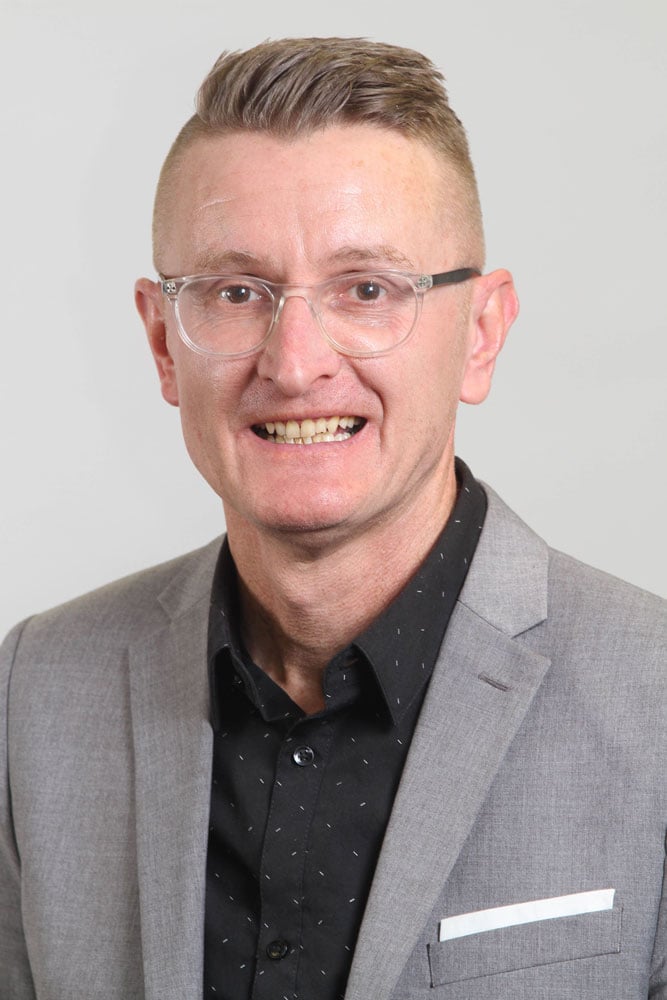
Chris Wilkins
Associate Professor, SHORE & Whariki Research Centre, College of Health, Massey University | Auckland, New ZealandAssociate Professor Chris Wilkins is the leader of the drug research team at SHORE & Whariki Research Centre, Massey University, New Zealand. Chris has research expertise in drug trends, drug markets, and drug policy. Over the past twenty years he has completed a range of studies of drug use in New Zealand with particular focus on cannabis, methamphetamine, NPS, ecstasy, and organised crime and the economics of illegal drug markets. He recently co-editing a book on cannabis legalisation (Legalizing Cannabis: Experiences, Lessons and Scenarios, with Tom De Corte, Simon Lenton). He leads the online New Zealand Drugs Trends Survey.
Tony Clarkson
Principal Clinical Advisor, Victorian Responsible Gambling Foundation
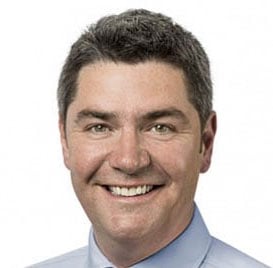
Tony Clarkson
Principal Clinical Advisor, Victorian Responsible Gambling FoundationTony trained as a psychodynamic psychotherapist for six years in London. He is the Vice-President of PACFA (Psychotherapy & Counselling Federation of Australia) and a board member with the South Eastern Melbourne Primary Health Network, where he also chairs the Clinical & Community Council.
Tony also co-chairs the National Mental Health Commission’s Self Stigma Technical Advisory Group, which contributes to the development of a National Stigma & Discrimination Reduction Strategy.
He currently works as the Principal Clinical Advisor at the Victorian Responsible Gambling Foundation (Victorian Department of Justice & Community Safety), where he provides clinical advice for a state-wide gambling addiction service system.
He was previously Clinical Manager at Connect Health & Community and Executive Manager of Psychological Services at Better Place Australia. Tony continues to work in private practice as a psychotherapist with long term patients who present with trauma, addiction and relationship issues.
Simon Ruth
Chief Executive Officer, Thorne Harbour Health
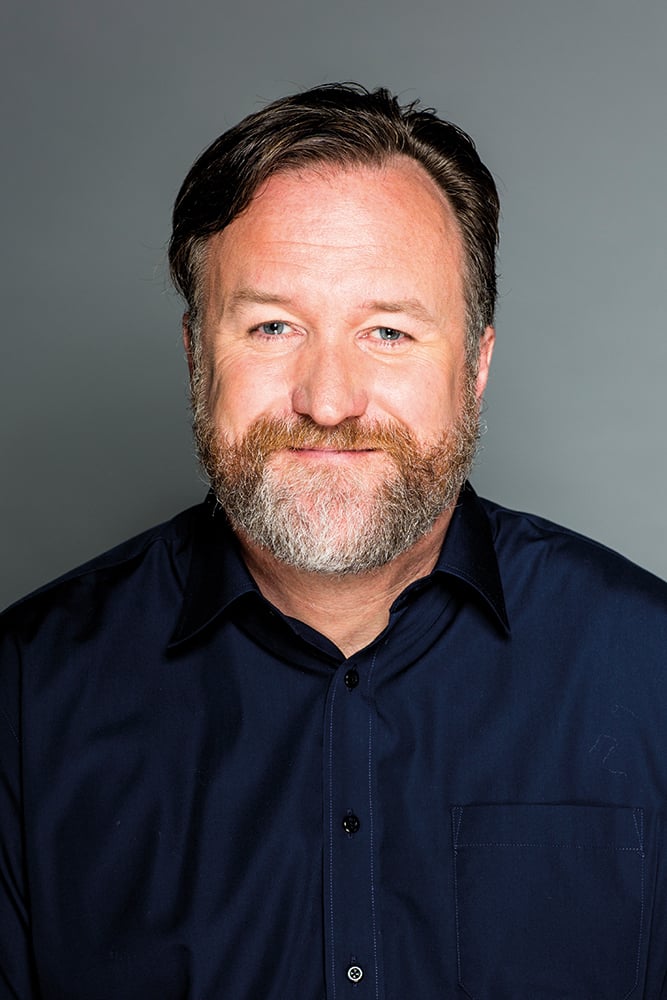
Simon Ruth
Chief Executive Officer, Thorne Harbour Health Simon Ruth is CEO at Thorne Harbour Health (THH), formerly the Victorian AIDS Council. Simon has spent most of his career working in, or managing, alcohol and drug programs. THH provides LGBTI specific AoD programs in Victoria and South Australia. Simon has previously worked in AoD services for the Salvation Army, YSAS, Monash Health and Peninsula Health. Simon was VAADA President from 2007-2012. He was previously awarded a Victorian Traveling Fellowship to investigate older adult AoD treatment in the USA and Canada. He currently sits on the Boards of the AIDS Trust of Australia and Pride Cup Australia.Jack Nagle
Real Drug Talk Founder
-web.jpg?width=871&height=1000&name=Jack-Final--(1)-web.jpg)
Jack Nagle
Real Drug Talk FounderJack is an everyday Australian passionate about finding and creating solutions for service consumers in the Alcohol and Other Drugs sector. His passion comes from his own experience of substance addiction and consuming services in some of his most vulnerable moments.
After sharing his story extensively in all forms of National media, Jack created Real Drug Talk. In his role as founder and director, he sits on a number of National government, non-government and research advisory committees, advocating for the importance of developing the lived and living experience workforce.
Take a Closer Look...
56,000
Australians are classified as being problem gamblers.
6,000
Australians died from alcohol-attributable disease in a single year - that's one person every 90 minutes.
$1.8Billion
the estimated annual social cost of illicit drug-related harm in New Zealand.
We are in this Together
Whether you work in community health, allied health, primary care or mental health, you play an important role in the client journey to recovery.
Prevention is just the tip of the iceberg. To progress, we need to delve deeper into all elements that factor into the formations and facets of substance use and compulsive behaviours.
From multi-morbidity and co-morbidity, through to harm reduction, treatment and recovery, our program is all-encompassing, educational, innovative and informative.
We will cover the full spectrum of addictive substances and behaviours - from alcohol, drugs, and gambling, to excessive eating and gaming.
Connect with other professionals and resources in your community, and equip yourself with the knowledge you need to be part of the solution.
Our Purpose
To provide access to the practical translation of research, project findings, government policy changes, and learnings from lived experience, to promote best practice and ensure the sector has the best available resources to advance their work.
Our Vision
To inspire, motivate and connect the sector to embrace and apply new ideas, strategies and frameworks, in order to reduce the dependency of addictive substances and behaviours.
Our Mission
To provide an inspiring and innovative learning environment for people who work with alcohol, other drugs and behavioural addictions.
Present at the Conference
The Theme
Bold Dreams & New Directions
If you could make one change, what would it be?
On our 8th anniversary we will be exploring the theme of ‘Bold Dreams & New Directions’. Presenters are encouraged to share their powerful experiences that address the needs of the community, with originality and flare.
Become a presenter and share;
- • Research findings that could inspire changes in service delivery
- • Real-world insights that open up future innovations in prevention and treatment
- • Successful projects and programs that deliver long term success journeys
Shine a light on today’s most industry-relevant topics, and provide your fellow workers with statistics, practical tools, and the latest projects taking place in your sector.
In-person & virtual presentation options available.
Every successful presenter will be offered a discounted registration rate of $899 + GST (3 day).
Presenter applications are now closed.
Presentation Topics
"Prevention is better than cure”
There are several primary prevention strategies that can be used to reduce harm from addictive substances or activities. It is evident however, that everyone has a role to play in preventing harm.
National and international evidence has deemed building resilience in families is crucial in preventing harm. In addition, the role of school and community-based programs is effective. This is particularly evident in community-led initiatives which develop resilience, resistance, and create higher engagement for communities – especially in the case of high-risk populations such as young people, Aboriginal and Torres Strait Islander communities, Māori, migrant communities, and low socio-economic communities.
Government leadership provides legislation, regulations, and policies to reduce and/or manage the supply and access of addictive substances and activities; whereas frontline services such as hospitals and general practitioners assist in screening to determine risk factors, pre-condition and comorbidity.
But, questions remain: what is best practice for prevention and early intervention? What are examples of successful programs that are reducing addictive behaviours in communities? Is enough being done?
We are seeking robust submissions that highlight evidence-based strategies, frameworks and latest developments that can be applied to prevent addictive disorders.
Key factors:
- Working with communities and building peer supports
- Destigmatising addiction
- Legalisation of cannabis
- Assessing and re-evaluating harm reduction strategies
- Pre-disposition and social determinants
"Fall seven times, stand up eight"
Addiction treatment is not one-size-fits-all. Whether gambling, alcohol, drugs, gaming, sex, porn, excessive eating, or hoarding – each treatment path differs.
Furthermore, comorbidity, dual diagnosis, pain management, and trauma are frequent challenges for patient treatment – the system, inclusive of lived experience, needs to work together.
A range of care with tailored treatment program and follow-up options can be crucial to success. Treatment should include both medical and mental health/AOD services as needed – however with options changing rapidly we are still asking, what are the most effective strategies for withdrawal symptoms and to relieve cravings?
Which primary care, rehabilitation services, and secondary consults, are demonstrating best practice (including trauma informed) and determining future trends? Why and how to implement peer support?
How can we respond appropriately to the diversity that incorporates society including First Nations, LGBTIQAP+ and CALD populations? What can we learn from examples across the nation and overseas?
We are seeking robust submissions that explore the variety of support and treatment services, devices, programs, and therapies for addictive behaviours.
Examples of innovative service changes to maintain accessibility and build resilience during the ongoing uncertainty of the COVID pandemic, is highly encouraged.
Key factors:
- Technology advancements and internet assisted treatment including telehealth
- Multi-disciplinary approaches to treatment and models of care
- Reflective practice and workforce development
- Advancements in pharmacotherapy
- Specialist responses for women, children and families including barriers and family violence
“Courage isn’t having the strength to go on – it is going on when you have no strength”
Evidence suggests that one of the most effective methods to manage cravings and prevent relapse, is to avoid the people, environments and scenarios that act as triggers.
Long term recovery may be complex with mental health and behavioural implications requiring unique considerations. Aftercare programs such as counselling, support groups, peer workers, programs, and transition homes, can be utilised. Support is also needed for families and friends.
It is important to welcome input from lived experience who have had successful and unsuccessful recovery/transition program journeys. Through co-design and co-production of services we can create meaningful system change. This also applies in hearing the voice of First Nations people, including Aboriginals, Torres Strait Islanders and Māori peoples.
We are seeking robust submissions that explore the variety of support and recovery initiatives to prevent relapse. Examples of strategies which assist patients, families and friends are highly desirable.
Key factors:
- Consumer collaboration and engagement
- Preventing relapse
- Innovation in aftercare programs
- Exploring the role of the criminal justice system to assist in long-term recovery
Presentation Styles
Take the stage and present to the audience in a 20 minute speaking session.
Panel presentations bring together views from a group of presenters into a discussion of innovative ideas, current topics, and relevant issues. Each panel session will run for 90 minutes.
Keep the attention of attendees via engaging, hands-on learning experience in a 90 minute workshop.
20×20 is a simple presentation format where you show 20 images, each for 20 seconds. The images advance automatically and you talk along to the images. Each presenter has approx. 7 minutes to present, with 20 accompanying imagery slides that automatically progress.
Visually showcase your research or services via a printed poster, displayed in the conference exhibition area.
Important Dates
| Presentation Applications Close | Friday 10 December 2021 |
| Presenter Acceptances and Registrations Due | Friday 18 February 2022 |
| Program Available | Tuesday 22 February 2022 |
| Scholarship Applications Close | Friday 4 March 2022 |
| Early Bird Pricing Ends | Friday 25 March 2022 |
| Conference Dates | Monday 9 May - Wednesday 11 May 2022 |
Committee
Dr Yvonne Bonomo
Director, Department of Addiction Medicine, St Vincent's Hospital, Melbourne
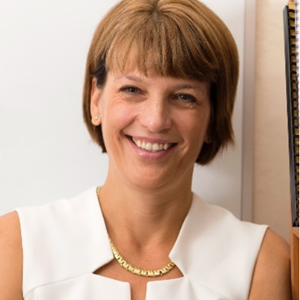
Dr Yvonne Bonomo
Director, Department of Addiction Medicine, St Vincent's Hospital, MelbourneDr Yvonne Bonomo MBBS FRACP PhD FAChAM is Director, Department of Addiction Medicine, St Vincent’s Hospital and Head of Unit, Women’s Alcohol & Drug Service, Royal Women’s Hospital.
She leads a number of research projects exploring approaches to the prescription opioid problem, with related publications in international journals.
Yvonne facilitates the Victorian Opioid Management ECHOTM, supporting a community of practice in rural and remote areas of Victoria in the management of patients on opioids.
Ms Carol Daws
Chief Executive Officer, Cyrenian House
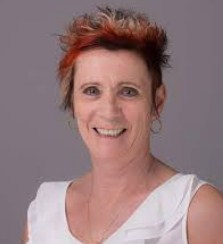
Ms Carol Daws
Chief Executive Officer, Cyrenian HouseCarol Daws has been working in Non-Government AOD sector since 1988. Carol has worked at Cyrenian House in a variety of roles from clinical work through to management and is currently the CEO of Cyrenian House.
Cyrenian House operates two Therapeutic Communities (TC) the Rick Hammersley Therapeutic Community (RHTC) in a semi-rural setting in the outer northern suburbs of the Perth Metropolitan area and the other, Serenity Lodge in Rockingham. Within the RHTC it also offers the Saranna Women’s Program to support women with dependent children.
Cyrenian House also offers a comprehensive non-residential service that includes outpatient counselling services, prison programs and aftercare for people with drug and alcohol use and associated problems.
Dr Michael Doyle
Senior Research Fellow, The University of Sydney
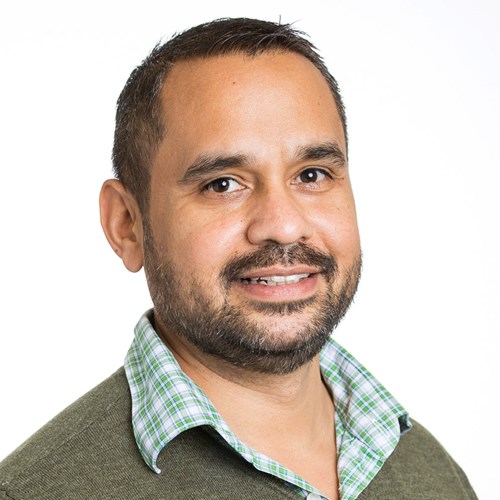
Dr Michael Doyle
Senior Research Fellow, The University of SydneyMichael is a Bardi man (WA) and Wingara Mura Fellow at the University of Sydney. He has a particular interest in prison-based alcohol and other drug treatment, which is the topic of his PhD thesis (completed in 2018).
He has extensive experience in Indigenous Australian health service delivery, policy/planning and research.
Dr Stefan Gruenert
Chief Executive Officer, Odyssey House Victoria
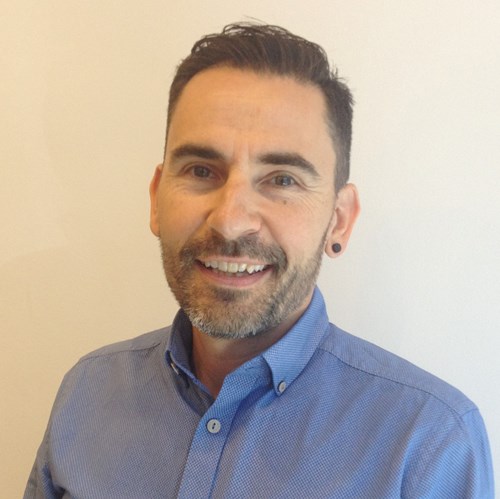
Dr Stefan Gruenert
Chief Executive Officer, Odyssey House VictoriaDr. Stefan Gruenert is a psychologist with 20 years of experience in the AOD sector as a clinician, researcher, and manager. He is currently CEO of Odyssey House Victoria, a Board Director of VCOSS, and past President of VAADA.
Stefan has been a counsellor in residential and community settings, conducted research on treatment effectiveness and family work, and contributed to resources on parenting and family violence.
He regularly provides advice to government, delivers conference presentations, and contributed to international drug policy for the UNODC in Vienna in 2008, and received a Harvard Fellowship to attend Harvard Business School in 2014.
Lieutenant Colonel Lynette Hutson
National Director, The Salvation Army, New Zealand Fiji, Tonga & Samoa Territory
-1.png?width=300&height=300&name=Untitled%20design%20(4)-1.png)
Lieutenant Colonel Lynette Hutson
National Director, The Salvation Army, New Zealand Fiji, Tonga & Samoa TerritoryLynette Hutson is a Salvation Army Officer who has worked for over 30 years in the field of addictions including four years in Winnipeg Canada. For 13 years has lead the Salvation Army New Zealand national network of alcohol and drug treatment services and during this time participated in expanding the range and variety of services delivered. Included in her role have been other allied Salvation Army services including the gambling harm reduction services, homelessness services and prison reintegration services.
The alignment and connection of these services along with the place of policy settings has informed designing better ways of working for the wellbeing of the whole person. Lynette is a trained and registered social worker. Her current role is oversight of all Salvation Army social services and she is a member of the bicultural Rūnanga (Māori Cultural leadership). She is married to Ian who is the Director if The Salvation Army Social Policy and Parliamentary Unit. She has four adult children and five grandchildren who bring great pleasure.
Dr Eli Kotler
Medical Director, Malvern Private Hospital
-2.png?width=300&height=300&name=Untitled%20design%20(2)-2.png)
Dr Eli Kotler
Medical Director, Malvern Private HospitalEli is a consultant psychiatrist, holds an academic position at Monash University through the Alfred Psychiatry Research Centre, and is the medical director of Malvern Private Hospital, the first addiction hospital in Australia.
He is a member of the Australasian Professional Society on Alcohol and other Drugs (APSAD). Clinically, Eli is interested in the deep connections between trauma and addiction and works within a neuro-psychoanalytic framework.
Eli has overseen the development of a clinical program for addictions focused on trauma, particularly developmental trauma. This has led to an interest in medication-assisted trauma therapy.
Eli worked for many years researching neurodegenerative diseases and was the principle investigator on numerous trials for novel therapeutics. He is founding member of the Melbourne Neuropsychoanalytic Group and welcomes new members.
Through involvement with Monash University, Eli oversees the addiction rotation for medical students. Eli graduated from the first intake of the Certificate in Psychedelic-Assisted Therapies (CPAT) in June 2021. He has also been recently appointed as the Principal Investigator to lead Emyria’s upcoming MDMA trial.
Dr Christian Rowan
Chief Medical Officer, The Banyans Healthcare Group
.png?width=300&height=300&name=Untitled%20design%20(3).png)
Dr Christian Rowan
Chief Medical Officer, The Banyans Healthcare GroupDr Christian Rowan is a Specialist Physician in Addiction Medicine with a strong associated interest in Pain Management. Dr Rowan is a Fellow of the Royal Australasian College of Physicians' Chapter of Addiction Medicine. He is also a member of the Australasian Professional Society on Alcohol and Other Drugs. Dr Rowan holds specialist qualifications in medical administration and community medicine.
Dr Rowan is the Chief Medical Officer of The Banyans Healthcare Group. Dr Rowan is a Visiting Medical Officer to The Wesley Hospital, St Andrew’s War Memorial Hospital as well as the Institute of Urban Indigenous Health. He has worked in a number of Alcohol, Tobacco and Other Drug Services, including at Biala, the Peel Street Clinic, and Logan Central Community Health.
Dr Rowan’s clinical interests include prescription drug dependency, opioid substitution therapy, and co-morbidity pertaining to pain conditions and substance disorders.
Dr Rowan is an Associate Professor in the School of Medicine, Griffith University. He is a former Board Member of the Wesley-St Andrew's Research Institute and a previous member of the Queensland Mental Health & Drug Advisory Council.
Dr Rowan holds a Masters of Diplomacy and Trade from Monash University in foreign affairs, public policy, health diplomacy and trade. He completed his Bachelor of Medicine and Bachelor of Surgery degree at the University of Queensland.
Dr Rowan is a former President of both the Australian Medical Association of Queensland and the Rural Doctors Association of Queensland.
Mr Todd Sellwood
AOD Nurse Navigator, Princess Alexandra Hospital
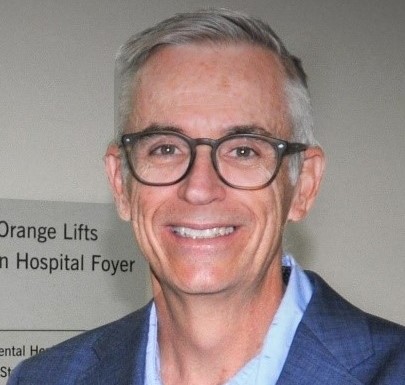
Mr Todd Sellwood
AOD Nurse Navigator, Princess Alexandra HospitalTodd Sellwood is a Registered Nurse with over 25 year’s experience in emergency, oncology, surgery and medicine in various roles. He has worked in the Addiction field for a number of years and has been employed as the Alcohol and Other Drug Nurse Navigator at Princess Alexandra Hospital for the last 2 years.
Todd has completed a Masters in Nursing: Leadership and Management at JCU and Graduate Certificate in Alcohol and Drug Studies at USQ.
Todd is a passionate advocate for the collaborative management for those presenting for care and supports empathetic and holistic management of those seeking guidance and support for Drug and Alcohol use disorders. He is also a fervent supporter of dispelling myths and quashing stigmatisation of patients accessing healthcare services.
Ms Bridgitte Thornley
National Director, PGF Group
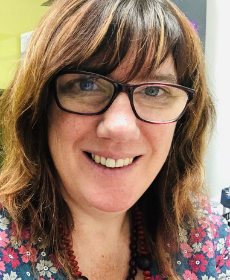
Ms Bridgitte Thornley
National Director, PGF GroupBridgitte is a Registered Social Worker. Her current role is National Director of PGF Services.
Bridgitte has worked in the addiction sector since 1990 and in the gambling sector since 1999.
Dr Hester Wilson
Addiction Medicine Specialist
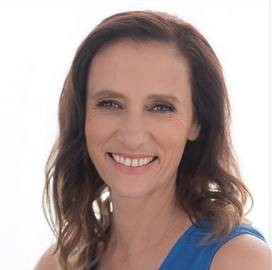
Dr Hester Wilson
Addiction Medicine SpecialistA Fellow of Royal Australian College of GPs, Hester is also a Fellow of the Chapter of Addiction Medicine in the Royal Australasian College of Physicians. Hester is the chair of the RACGP Special Interest Group in Addiction. She works for South Eastern Sydney Local Health District Drug and Alcohol Service and in general practice in Newtown, Sydney.
An experienced medical educator, Hester has written widely on general practice and substance use issues including tobacco and is involved in planning and facilitating the current RACGP AOD training.
She recently convened the 6th International Medicine in Addiction Conference and is a member of a number of state and national committees looking at FASD, opioid stewardship and the roll out of real time prescription monitoring.
Hester is currently undertaking a PhD focused on GPs’ experience of patients with chronic pain and prescription opioid use disorder.
Partner With Us
Expand your network of mental health professionals while showcasing your products & services.
We can also create custom partnership packages designed to meet your business goals.
Personalise your display and engage with conference attendees in a thriving exhibitor hall.
The perfect opportunity to raise your profile in a relaxed and open environment.
Draw people to you, and receive continual interaction with attendees throughout the conference.
Distribute your branded materials or flyers on the seats of attendees before each session begins.
Please enter your details below and a member of the partnerships team will be in touch with you shortly.
Sponsors
Supporters
Preferred Listing Partner
Media Partner
Venue & Accommodation
JW Marriott Gold Coast Resort & Spa allows guests to relax and unwind; our luxury 5-star hotel boasts brand new guest rooms, award-winning service and a covetable location on the Gold Coast. You'll find our redesigned hotel rooms and suites an ideal setting for 5-star relaxation, each offering complimentary high-speed Wi-Fi, plush bedding and pristine marble bathrooms.
Hotel Amenities
Wake up refreshed and take advantage of our hotel's many superb amenities, including peaceful lagoons and an outdoor resort pool, a modern fitness centre and Sport Court®.
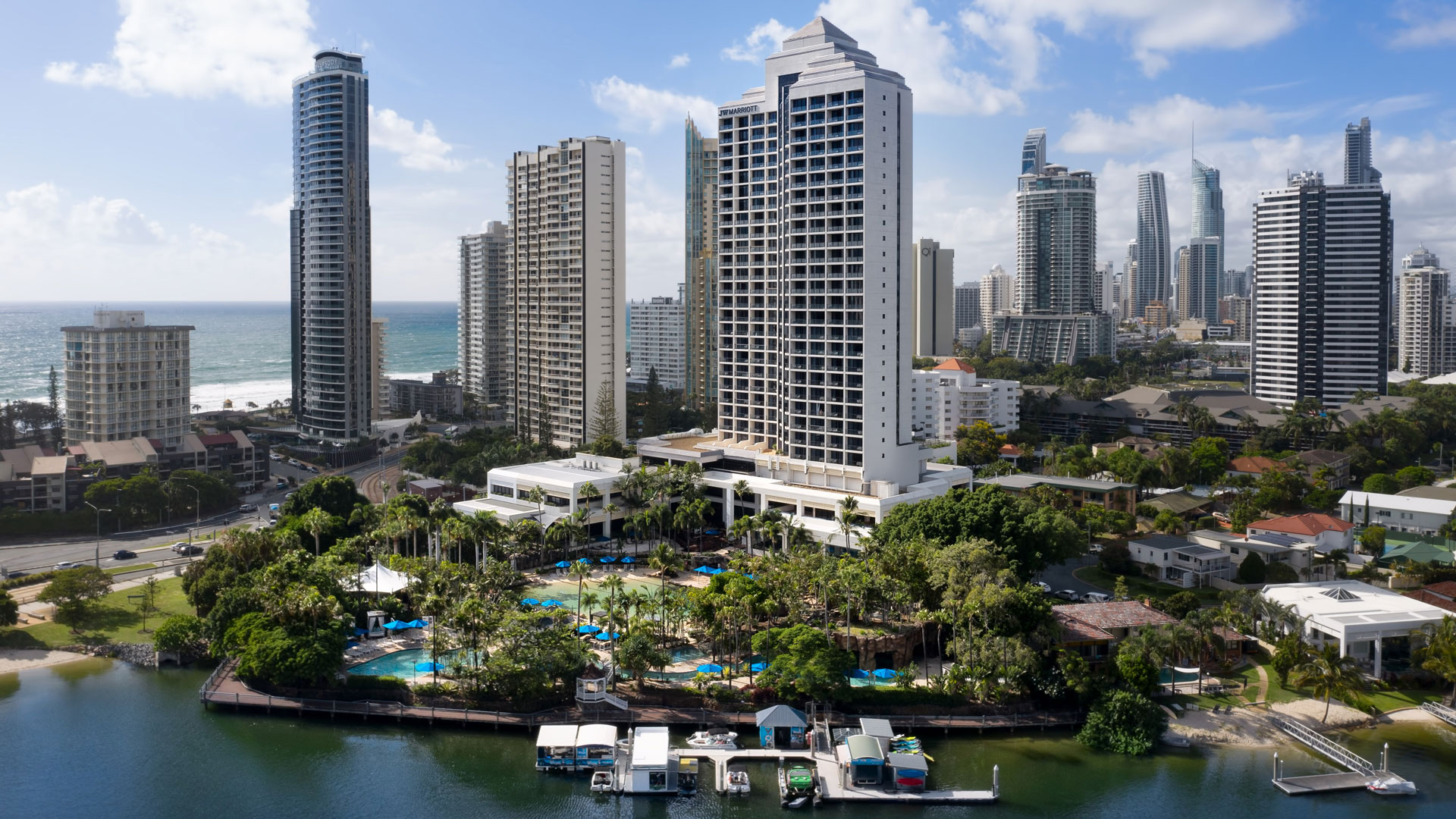
Accommodation
Cost
Room only - $290.00 per room, per night
Room with breakfast for one - $320.00 per room, per night
Room with breakfast for two - $350.00 per room, per night
Accommodation can be booked during the registration process. If you have any questions, please contact us on the form below.

Networking Function
Date: Monday 9 May 2022
Time: 5.00pm - 6.00pm
Cost: Included in your full registration. $65 for guests.
Catering: Drinks and canapes will be provided
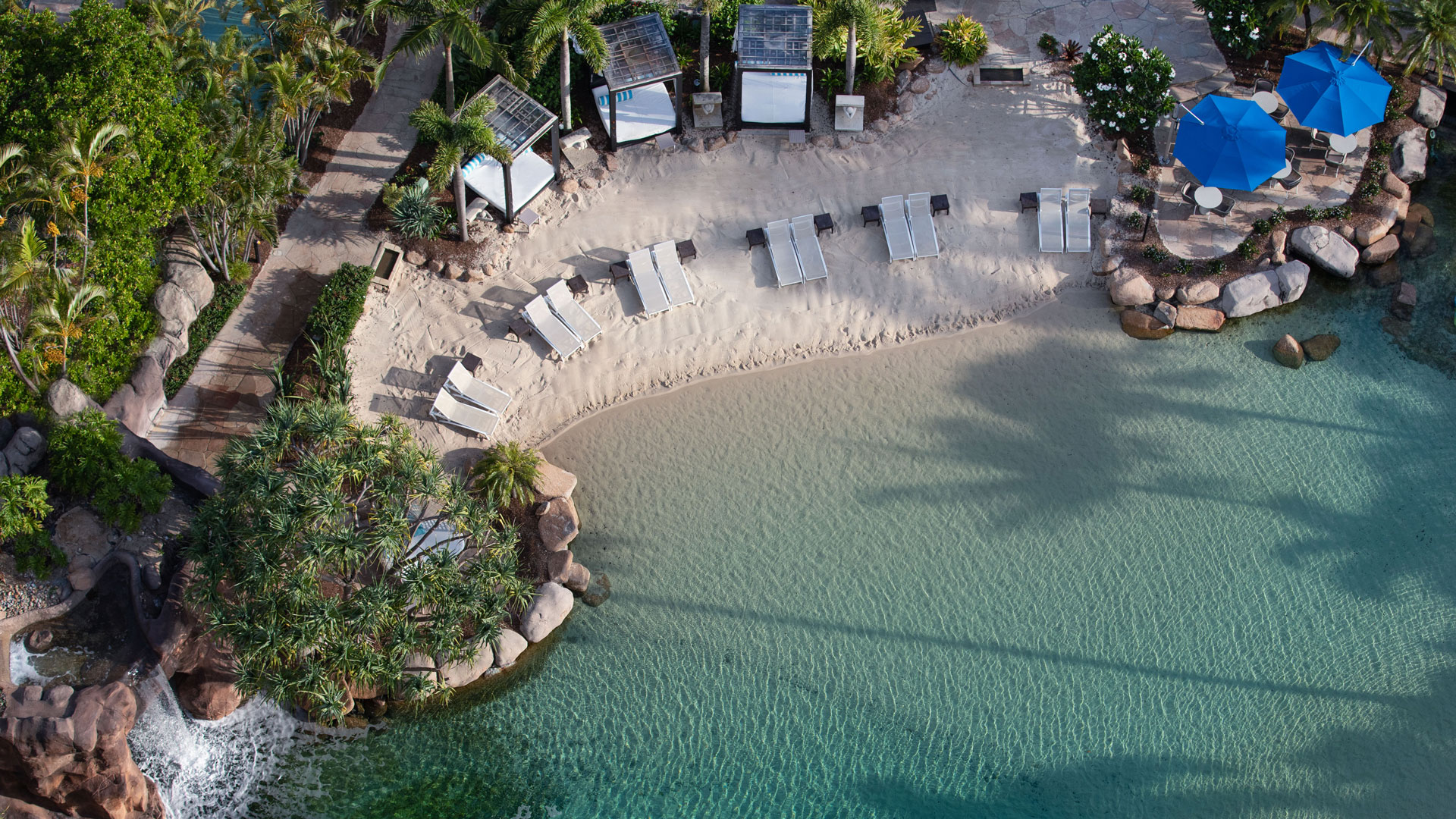
Registration Options
In-Person
3 DAY PROGRAM
$1,039 + GST
Standard Rate
- All keynote presentations
- All concurrent presentations
- Discounted accommodation rates
- Access to conference app
- 5 star conference catering package
- Access to exclusive networking functions
- Complete online access to audio and visual presentations for 30 days post-event
- Printed conference materials
- Over 10 hours towards CPD points
- Your personalised certificate of attendance
- Exposure for your organisation
- Plus, chances to win great prizes!
Please fill in your details below to begin your registration.
Virtual
2 DAY PROGRAM
$499 + GST
Standard Rate
- Live streaming of all keynote presenters
- Live streaming of all sessions in the plenary room over two day conference period
- Virtual presentations
- Complete online access to audio and visual presentations for 30 days*
- Over 10 hours towards CPD points
- Your personalised certificate of attendance
*Access to all audio and visual presentations will be made available 5 business days after the conference has taken place, and will expire 30 days after access has been granted. Options to extend access will also be made available after 30 days.
Please fill in your details below to begin your registration.


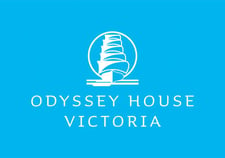

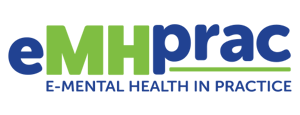


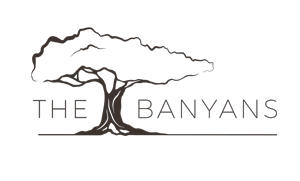
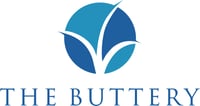
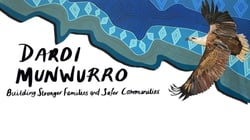
.png?width=300&height=94&name=SCA-RTO-WOP%20(1).png)

